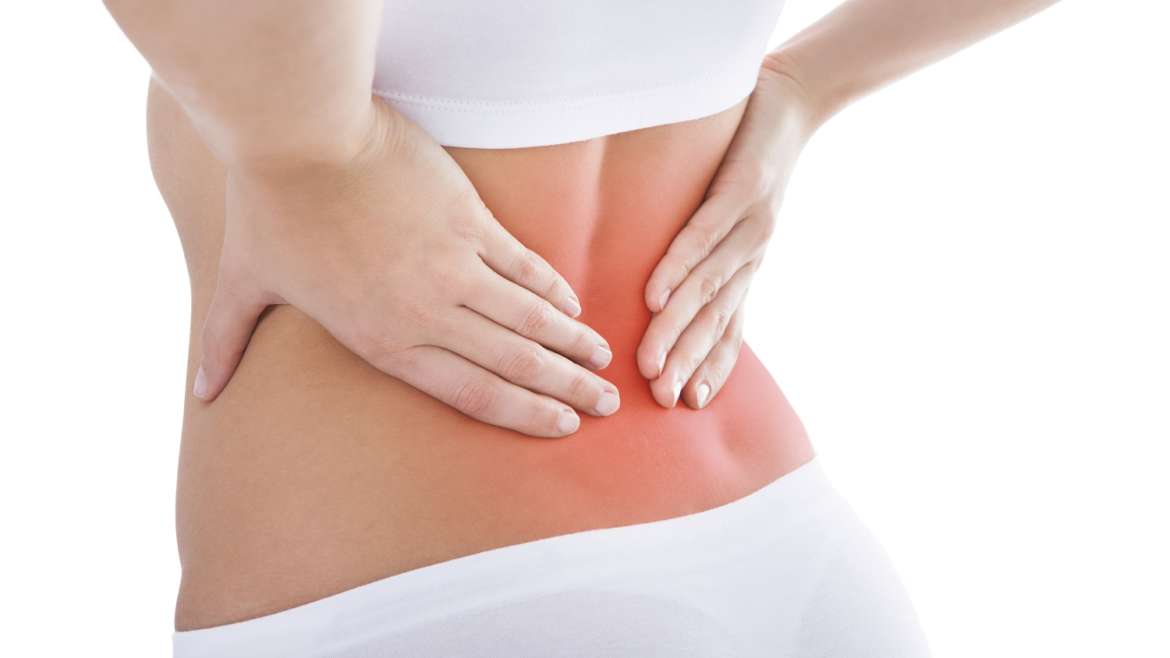Back pain is a national epidemic, affecting a staggering eight in ten of us during our lifetimes, costing the UK economy £2.8 million annually, and consistently landing the NHS with a yearly bill amounting to £1 billion.
Whilst the contributors to back problems are incredibly well publicised (including bad posture, heavy manual work and incorrect lifting techniques) the not-so helpful treatments for back pain are less well known. Here we present five of the most harmful “cures” for back pain, explaining why they should really be avoided at all costs.
1) Painkillers
Whilst painkillers provide temporary relief for back pain, ultimately they can lead to more damage being done. The reason for this lies in the fact that painkillers mask pain, with the sufferer then continuing with daily activities that could aggravate and worsen the condition. The problem, ultimately, is that the person is unable to feel any worsening of their pain, or at least gauge how their condition may be deteriorating.
Also, taking paracetamol can damage your liver, so it’s better for your body if you don’t take it long term.

2) Rest
Some fifty years ago the officially prescribed advice of complete bed rest may well have been the most common of all – yet today our understanding of what helps, and hinders, back pain, has changed considerably. Namely this boils down to limiting or avoiding bed rest completely.
There are numerous reasons for this – including the fact that muscles can stiffen and weaken when rested for too long, as well as soft tissues (such as ligaments and tendons) having a tendency to lose their flexibility, consequently becoming more prone to further injury.
3) Self-diagnosis
Google – it’s probably responsible for an innumerable amount of doctors appointments each and every year! Unfortunately, there is simply so much misinformation out there, all of which is compounded by those who aren’t medically trained in correctly diagnosing their condition. This can lead to the wrong forms of self-treatment being chosen, as well as bringing about delays in seeking professional medical advice.
4) “Working it out”
Many people believe that back pain can often be resolved with good old fashioned strenuous exercise; however, whilst stretching may certainly help with certain causes of back pain, there are no instances where rigorous activity would be advisable.
5) Doing nothing at all (in certain instances)
The UK is a nation often infamous for ignoring medical conditions – and when confronted with particular back symptoms, this can be incredibly detrimental. When the following symptoms arise, an appointment with the doctor should be made as a matter of urgency:
– When the back pain is accompanied with fever or chills
– When the sufferer experiences sudden, unexplained weight loss
– When the pain is coupled with considerable leg weakness
– When the sufferer experiences either bowel or bladder incontinence (equally medical attention should also be sought where there is difficulty passing urine or bowel movements)
– When there is extreme and continuing abdominal pain
Back pain is one of the most common injuries we experience, and is the number one reason why people come to us. If you’re suffering with back pain then give us a call on 020 3589 8664 as osteopathy is proven to be an effective treatment for back pain.



Add Comment